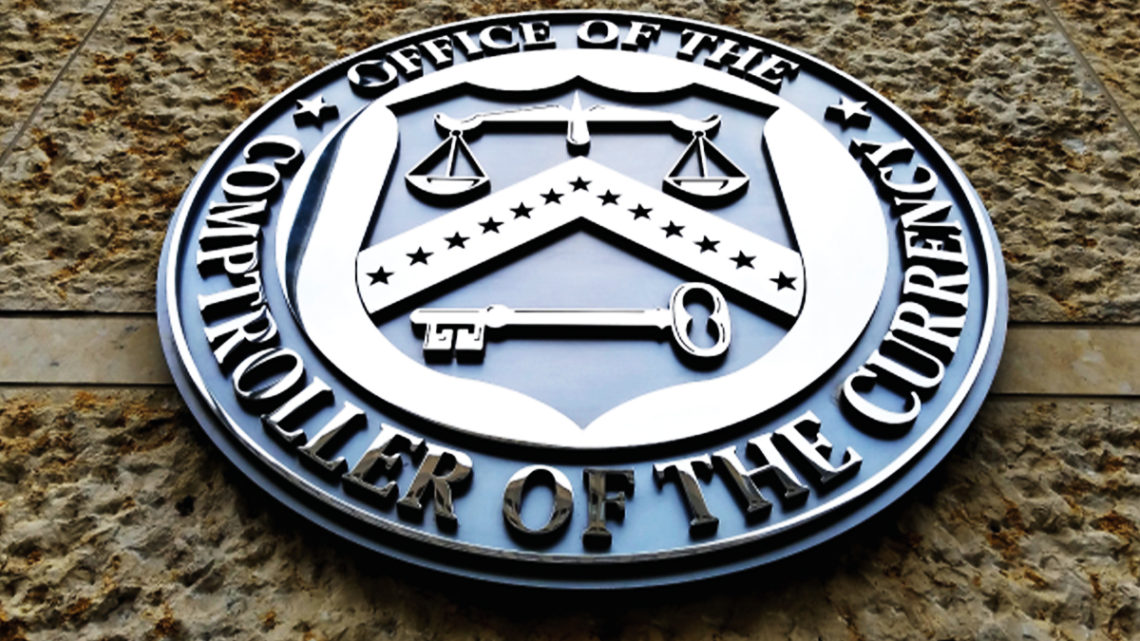- Financial banks and federal savings associations in the US can now use stablecoins and blockchain technology for payments
- Such institutions and associations can validate, store, and record transactions by serving as nodes on INVN
- The allowance of stablecoin can take crypto a step forward towards mainstream
- It seems soon all the major global economic activities will be executed on the blockchain network
On Tuesday, the Office of the Comptroller of the Currency (OCC), the US Treasury Department bureau announced in an interpretive letter the allowance of the crypto payments. The department charging the regulating banks mentioned that they now can accept stablecoins and blockchains for payments purposes. However, the banks can only accept payments via stablecoins if they compile with the laws and sound banking practices.
Payments transaction can now be recorded as a node
According to OCC’s announcement, it is now revealed that the national banks of the US or the federal savings association are now eligible to use blockchain networks. Such institutions can now validate, store, and record payments transactions by serving as a node. Such nodes will be served in an independent node verification network (INVN), and banks can also use it for other permissible payment activities. According to the OCC, as financial banks face competition to move the funds faster, networks like INVNs and other distributed ledger technologies can help them move funds efficiently and speedily.
The allowance will help mainstream the crypto industry
Brian Brooks, the Acting Comptroller of the Currency, has revealed in a press release that the step of allowing blockchain and stablecoins to banks is about leveraging the crypto industry. The steps taken by the OCC can help the financial banks to maintain the pace. However, like other governments, the United States is also delivering real-time payments technologies by relying on its innovation sector. On the other hand, it is also known that the banks can also issue their stablecoins which can be exchanged for fiat via debit card or cheques. However, according to experts in the cryptosphere, the step taken by the OCC is positive for Bitcoin, and its significance should not be understated.
Soon all major economic activities will execute on the blockchain
Jeremy Allaire, the CEO of Circle, tweeted emphasizing about the massive win for the industry following the news. Additionally, he stated that soon the decentralized, permissionless, open-source, and internet-mediated software is becoming the global economy’s foundation. However, the news also has created a room from more regulated financial institutions to run nodes on the blockchain network, and become validators of payments transactions. Indeed, the OCC has taken a solidly pro-crypto stance among financial innovation.
1/ Breaking major news from US Treasury OCC, the largest US banking regulator (@USOCC), with new guidance allowing US banks to use public blockchains and dollar stablecoins as a settlement infrastructure in the US financial system. https://t.co/gQFWISWUnc
— Jeremy Allaire (@jerallaire) January 4, 2021


 Home
Home News
News










